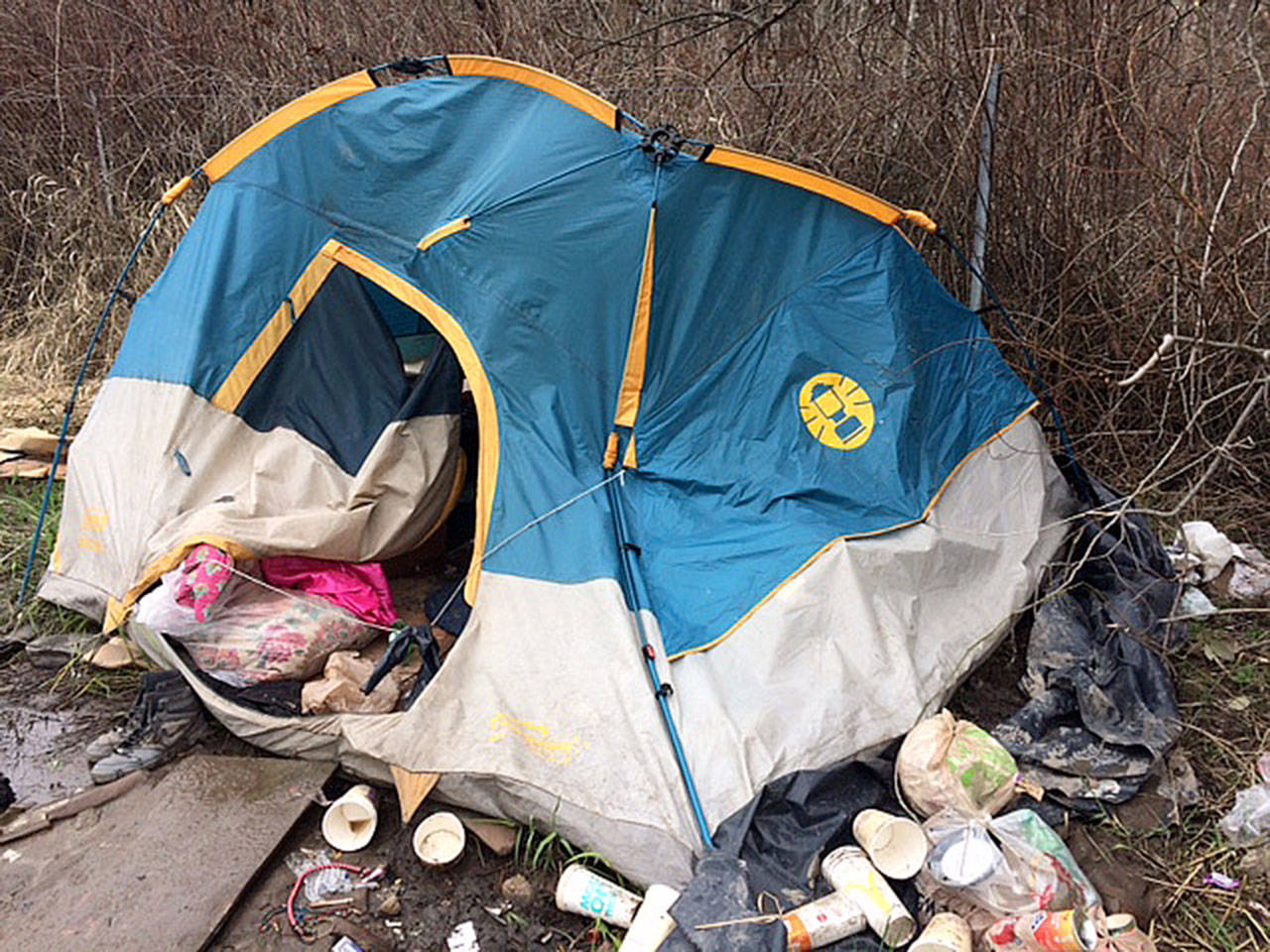A regional homelessness authority has taken one step forward after an agreement was approved by the King County Metropolitan Council, but Seattle’s City Council must also vote on the ordinance next week.
The homelessness authority would consolidate emergency response resources, budgets, planning and staff into a single entity, which would have a 12-member board. The board would have representatives of the county council and executive, Seattle’s council and mayor, suburban cities and people who have experienced homelessness. An implementation board would hash out the details and be comprised of 13 members with a similar makeup.
The ordinance as approved would create an interlocal agreement, which would form an intergovernmental agency as opposed to a new public authority. If the county council had amended the ordinance at the Dec. 11 meeting, it would have been sent back to committees for more work in January. If the Seattle City Council decides to amend it at their Dec. 16 meeting, it would also be sent back to be hashed out at the county.
The process has not been without contention. Suburban cities have said they don’t have enough representation, and others questioned why it was approved as an intergovernmental agency instead of a public authority.
Council member Jeanne Kohl-Welles has been integral to guiding the authority to passage at the county. She described the process as a “giant puzzle” trying to satisfy all the different groups involved.
“I kept thinking that I was searching for a vision of a complete, large and complex puzzle, and to try to get to that outcome with moving pieces around was almost insurmountable, but this is what we came up with,” she said.
Kohl-Welles said the authority and county wanted to work closely with Seattle and suburban cities. In moving it forward, she anticipated issues to come up that would need to be worked through. Council member Rod Dembowski said the agreement provides for the ability to make changes, and if areas of the agreement need to be changed, that is a possibility.
“What we’re doing currently isn’t getting us to where we want to be,” said council member Claudia Balducci. “You don’t really need to step far outside the doors of this building to see what we’re doing isn’t working.”
She said fragmentation in response between different government agencies has created a barrier to addressing homelessness effectively. Balducci said the authority was just one part of responding to homelessness, and that other responses such as increasing access to transit and creating affordable housing would need to be addressed in tandem.
Dave Upthegrove provided the only no vote on the agreement, saying he didn’t think homelessness in his South King County district stemmed from government. He said he preferred the council itself make hard decisions and be held accountable by voters directly, instead of an appointed agency.
“Handing off the policy and budget decisions to a new appointed body feels like we’re shirking off our responsibilities,” he said.
And the budget for the agency is not insignificant. The agreement stipulates that Seattle will kick in around $73 million annually, and King County would pay $55 million.
Dembowski also expressed concerns that putting crisis response into one agency could create a silo effect. He ultimately voted yes on the agreement.
Before passage, Kohl-Welles took time to speak about the problems the region faces in broader terms.
“We just look back at our Great Recession in 2007-08 into 2012, and what we’ve now termed the great economic recovery — booming economy in the city of Seattle, throughout most of King County — but who is booming by that benefiting economy?” she asked. “It’s individuals coming here or who are already here who are being paid very high salaries and who are very highly skilled.”
At the same time, people earning lower wages are being priced out and displaced. It’s also happening at a time when the federal government is slashing social services, most recently reducing the amount of people eligible for food stamps.
“We have a growing amount of income inequality that’s happening around the country, but it’s certainly happening here in our region and people are desperate.”
The Seattle City Council will vote on the agreement at its Dec. 16 meeting.


